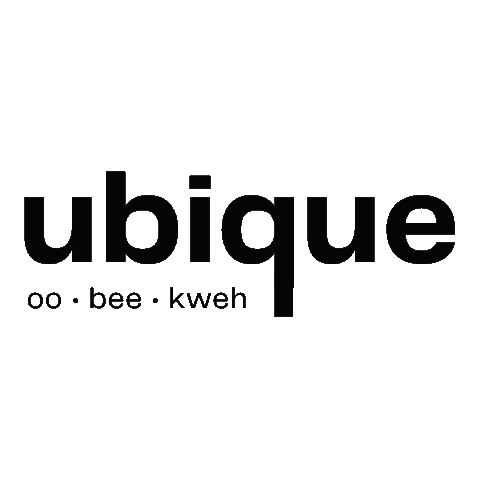French vs German, which is the better language to learn?
By Arabella Ibels
Editors note:
German student here and I learnt a lot that I didn’t know before! - J
Uni High offers two modern languages—French and German (three if you count Latin). But which one is the better choice for students? Let's compare them to find out.
Total Speakers
French has approximately 312 million speakers worldwide, including both native and second-language speakers, while German has about 134 million. Despite being spoken across different parts of Europe, French boasts 74 million native speakers, with 23.7% of its total speakers being native and 75.3% learning it as a second language. In contrast, German has a higher proportion of native speakers at 53.73%, with 46.43% being non-native.
Based on numbers alone, French appears to be the more popular language to learn. But does popularity make it the better choice?
Global Reach
German is the official language of several European countries, including Germany, Austria, Switzerland, Belgium, Luxembourg, and even South Tyrol, an Italian province. French, on the other hand, enjoys widespread use not only in Europe but across the world, with official status in France, Canada, Belgium, Switzerland, and many more regions.
One reason for German’s presence in multiple countries might be its historical influence and interactions with neighboring nations.
Academic Opportunities
Where you study may influence which language is more beneficial to learn. Paris, for instance, is renowned for its arts and culture, with institutions such as Beaux-Arts de Paris, one of the oldest and most prestigious art schools, and the Paris College of Art, which offers degrees in French and English in fields like photography and fine arts.
Meanwhile, if you’re interested in engineering and technology, Germany might be the better choice. Universities such as the Technical University of Munich, ranked 19th in the QS Global Rankings, offer top-tier programs in technical fields. If studying abroad is in your plans, the language you choose may significantly impact your educational opportunities.
Sources: Studylink.com, TopUniversities.com, Studyingermany.org
Perks and Benefits
Aside from academics, lifestyle factors could also play a role in deciding which language is more valuable. Germany offers low to nearly non-existent tuition fees at public universities. An Australian student studying abroad in France would pay approximately €3,000–10,000 per year, whereas in Germany, students pay semester-based fees of about €100–300, meaning an entire year could cost just €600. However, private universities in Germany can be expensive, ranging from €5,000 to €20,000 per year.
Beyond affordability, Germany is known for its high standard of living and excellent healthcare system, while France plays a crucial role in global food security as a leading agricultural producer. France is also an integral part of the European economy, with a highly developed market system.
Conclusion
Ultimately, both languages offer incredible opportunities, and the best choice depends on the learner's interests and goals. For some, German may be more advantageous; for others, French might be the better fit. But if you ask me, I’d say German is the superior language to learn!
Thanks for reading!

